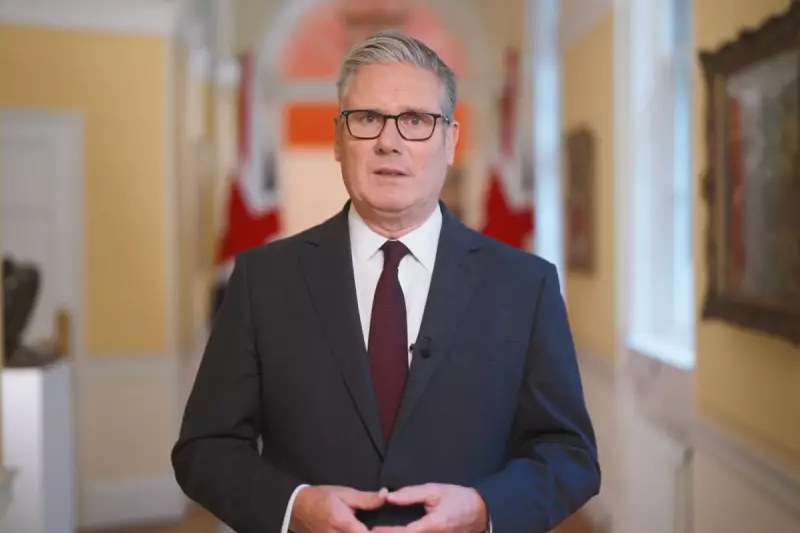
The United Kingdom is facing mounting pressure to take a definitive and transformative step in Middle East diplomacy: the formal recognition of Palestine as a sovereign state. This move, long debated and perpetually postponed, is now being presented not merely as a symbolic gesture, but as a crucial tactical lever to break the devastating deadlock in the Israel-Gaza conflict and salvage the possibility of a two-state solution.
The horrific human cost of the ongoing war has rendered the status quo untenable. With Gaza left in ruins and casualties soaring into the tens of thousands, the international community is grappling for a viable exit strategy that leads to sustainable peace, not just another temporary ceasefire. The argument posits that recognition by a major power like the UK could fundamentally reset negotiations, creating a new political reality on the ground.
A Strategic Diplomatic Tool
Proponents argue that granting recognition is a powerful form of diplomatic statecraft. It would affirm the right of Palestinians to self-determination and formally acknowledge their national aspirations on the world stage. This act would not be a reward for Hamas or its actions, but rather a bolstering of moderate Palestinian leadership and the Palestinian Authority, providing a credible alternative for governance in a post-war Gaza.
Furthermore, it would send an unequivocal message to the Israeli government that its current military strategy and the expansion of settlements in the West Bank are incompatible with the international community’s vision for a peaceful future. The UK’s influence, particularly within global institutions, could help catalyse a broader multilateral shift, encouraging other nations to follow suit and creating irresistible momentum towards renewed peace talks.
Countering the Arguments Against
Critics often contend that statehood should only be granted as the final outcome of a successful negotiation process, not as a precursor to it. They fear it could be seen as legitimising violence or could remove incentives for Palestinians to come to the table. However, advocates counter that decades of stalled negotiations prove the existing framework is broken. A bold, new approach is needed to unblock the process.
The UK government, under Foreign Secretary David Cameron, has hinted at a potential shift, suggesting recognition could occur before a final deal if it helps make the two-state solution irreversible. This marks a significant evolution in the UK’s position and indicates a serious reconsideration of its role in the peace process.
The Path Forward
The ultimate goal remains a secure Israel living in peace alongside a viable and sovereign Palestinian state. Recognition of Palestine is not an anti-Israel move; rather, it is a pro-peace move designed to create the conditions where both nations' security and rights are guaranteed. It is a decisive step towards ending the cyclical violence and forging a lasting political solution that has for too long remained elusive.





